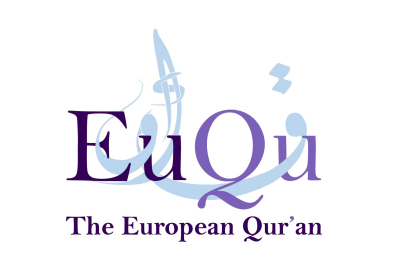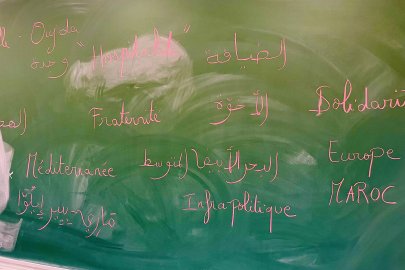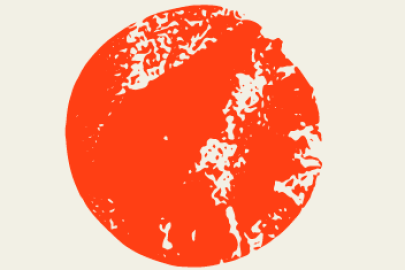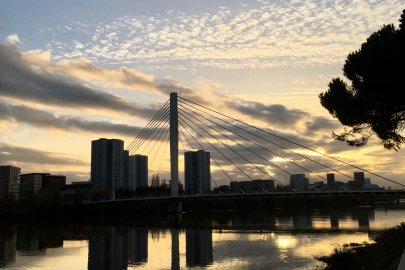he month of June brings with it a wealth of encounters, reflections on the past year, and openings toward new horizons.
Among the key dates, on June 19 the festival of the Chair "Living Within Planetary Boundaries" will take place, dedicated to supporting the ecological redirection of territories. And on June 25, we will be delighted to welcome you for the closing of the 2024–2025 residency, which will not only celebrate our fellows but also unveil the scientific project for 2025–2026.
Indeed, a new chapter begins for the Nantes Institute for Advanced Study…
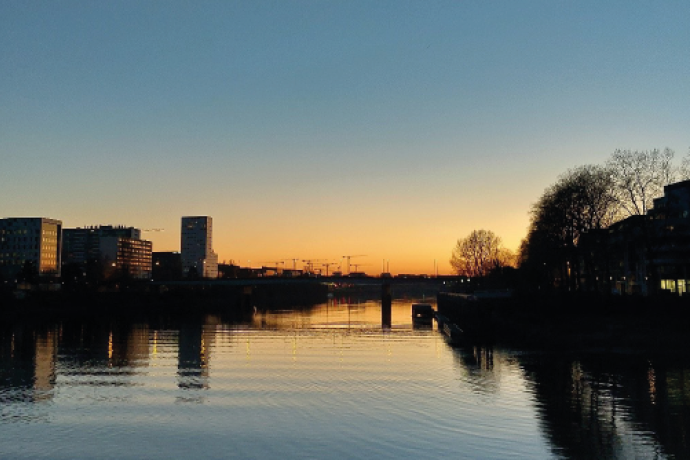
A Troubling Context
Reforms in how Institutes for Advanced Study operate have become necessary to preserve the vitality of these essential institutions and their scientific endeavors—especially in a troubling context.
In Nantes, the sweeping wave of “budget cuts” carried out last winter by the Pays de la Loire Regional Council across areas such as social action, culture, science, and the broader nonprofit sector, led the Institute to confront the complete withdrawal of this historic partner.
This unilateral decision triggered another, equally significant one: the suspension of support from SEFRI (the Swiss State Secretariat for Education, Research and Innovation), another longstanding partner.
These two funding losses have fundamentally altered the structural resources of the Institute.
To these political decisions must be added a wider phenomenon: the freedom of research is continuously under assault from totalitarianism, obscurantism, and populism. A chilling example lies in the current attacks against the work on the Qur’an by American historian John Tolan, as well as in the actions of the Trump administration, which sought to eliminate vast fields of research deemed unnecessary—or even undesirable.
In light of these developments, it is essential to deeply reconsider how these privileged spaces for free scientific inquiry can pursue their mission.
This is precisely what the broader community of the Institute has been working on for over a year. During the celebration of the Institute’s 15th anniversary in June 2024, the scientific advisors and partners participated with the team in a collective intelligence session devoted to the future of this vital institution.
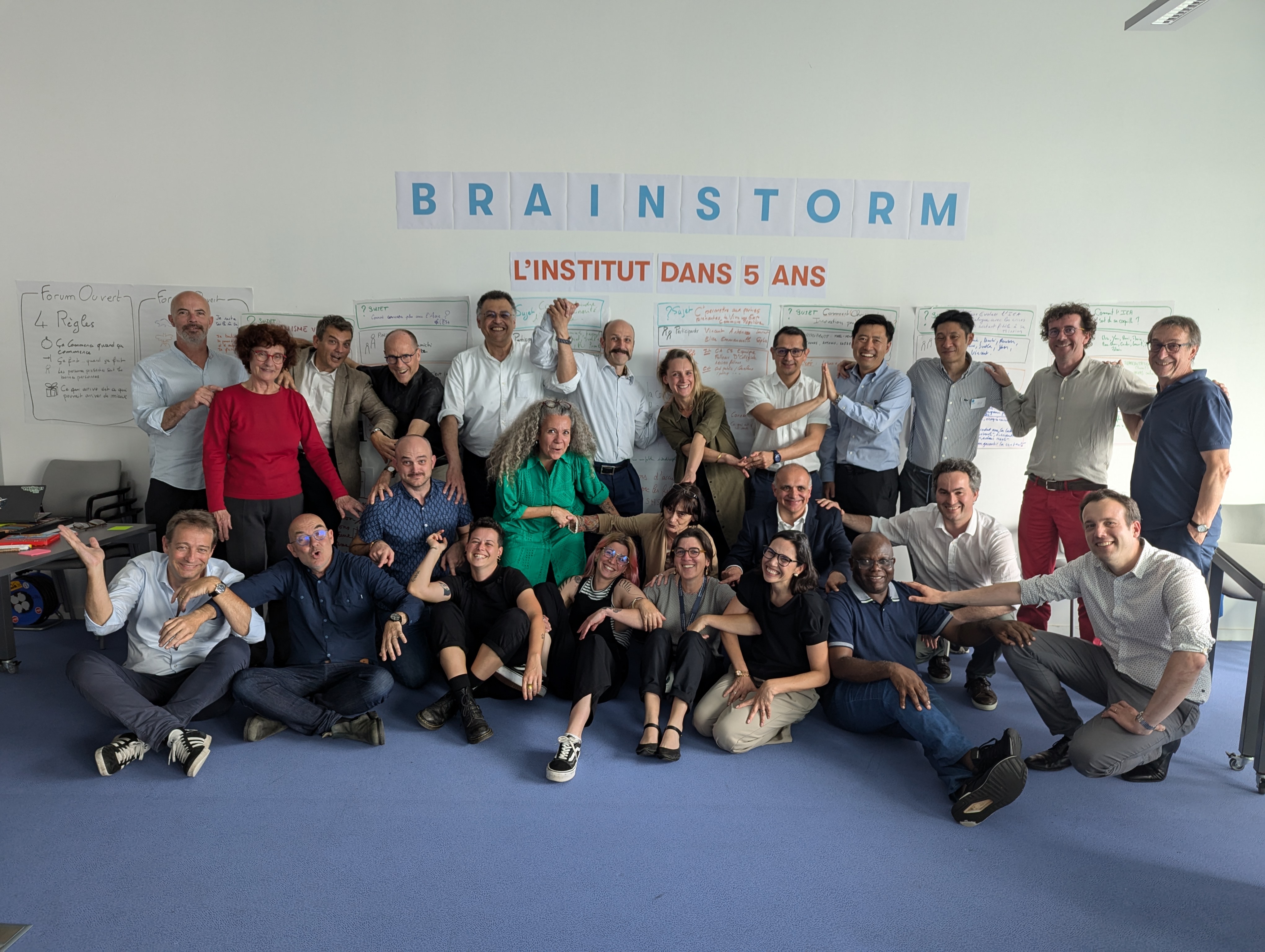
Structural Transformations
At a structural level, the collective leadership, founding members (Nantes Métropole and Veolia), the team, the scientific advisory board, and the board of directors began working together in November 2024 to draft and validate a new, ambitious scientific project, while also designing a coherent organizational model. The goal is to provide the new project with easier access to expertise and digital and physical resources, while giving it the agility it requires.
The reorganization process involves a comprehensive inventory and classification plan for the archives accumulated over the past 15 years. An economic redundancy plan is underway: a significant portion of the team will leave their positions between July 1st and September 30th, while reassignment proposals are being offered to the remaining staff.
The dedication and professionalism of the employees, who are actively contributing to the preservation and transmission of their responsibilities, deserve special recognition. The shared sense of purpose that each individual brings to their work in this extraordinary institution is reflected in the generous documentation of work processes across all areas—administrative procedures for hosting international researchers, financial management, research assistance, hospitality, catering, audiovisual and IT management...
This meticulous effort ensures that the future team can operate seamlessly and without information loss.
To all of them: thank you.
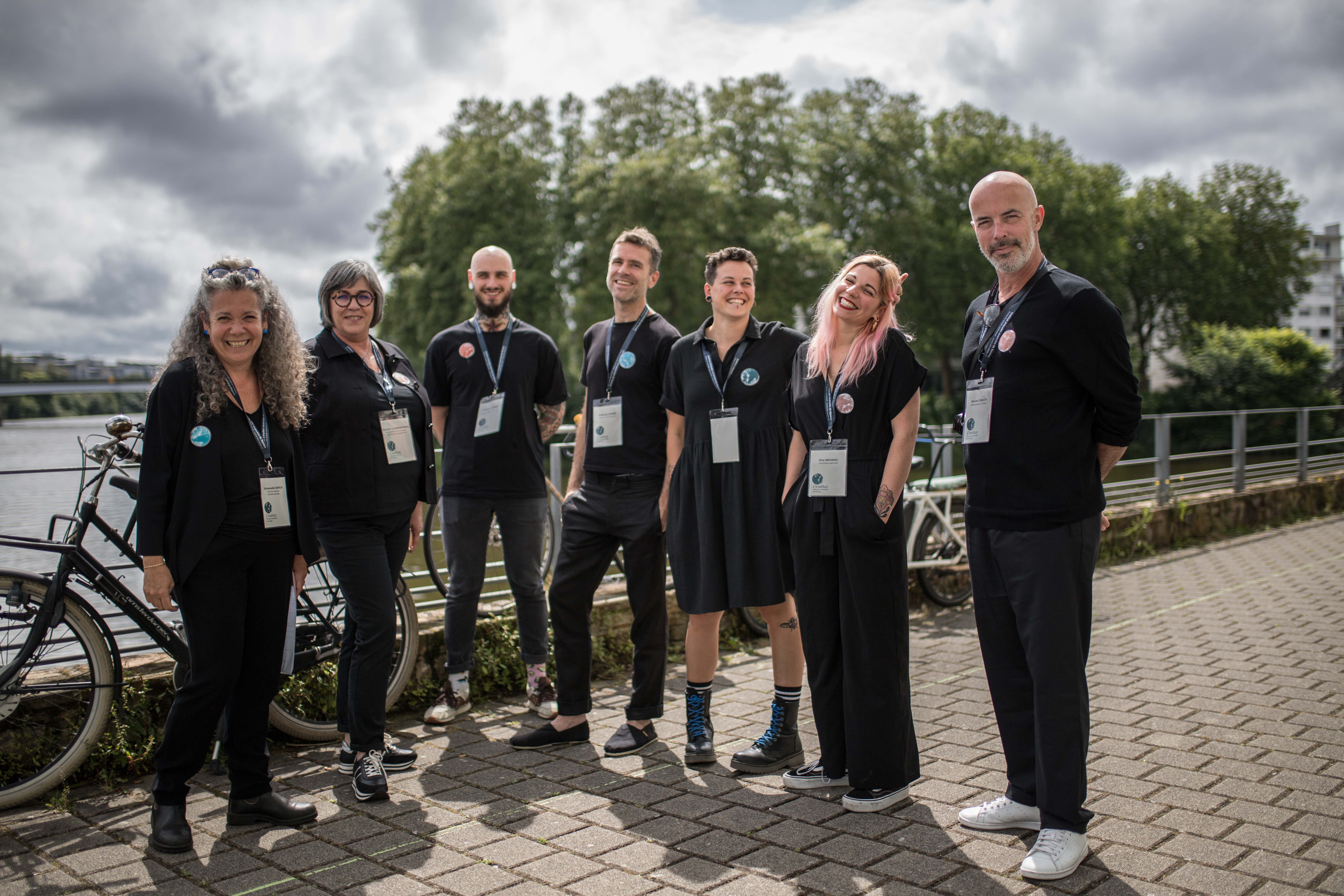
A Cycle of Transformation
With fifteen years of existence behind it, the Institute is embarking on a cycle of transformation (2025–2028) aimed at reinventing its formats of residency, its temporal frameworks, and its partnerships, while remaining true to its founding values: interdisciplinarity, international openness, and academic freedom.
To the traditional individual research residencies, the Institute now adds structured support for collective projects, conceived at a translocal scale, at the intersection of global dynamics and local challenges. These projects, rooted in today’s major societal issues—planetary habitability, commons, relational ecologies, shared memories and narratives—bring together researchers, artists, and civil society actors in a renewed approach to dialogue and the co-construction of knowledge and thought.
The ambition is to strengthen existing partnerships, initiate new ones, and shape a more agile Institute, attentive to the plurality of knowledge systems, to the flows between disciplines, and to the resonances between different worlds.
More than ever, the Institute strives—and will continue—to be a living, porous space, responsive to the challenges of our time, a place where we continue to think differently—and together—about how to inhabit the world.
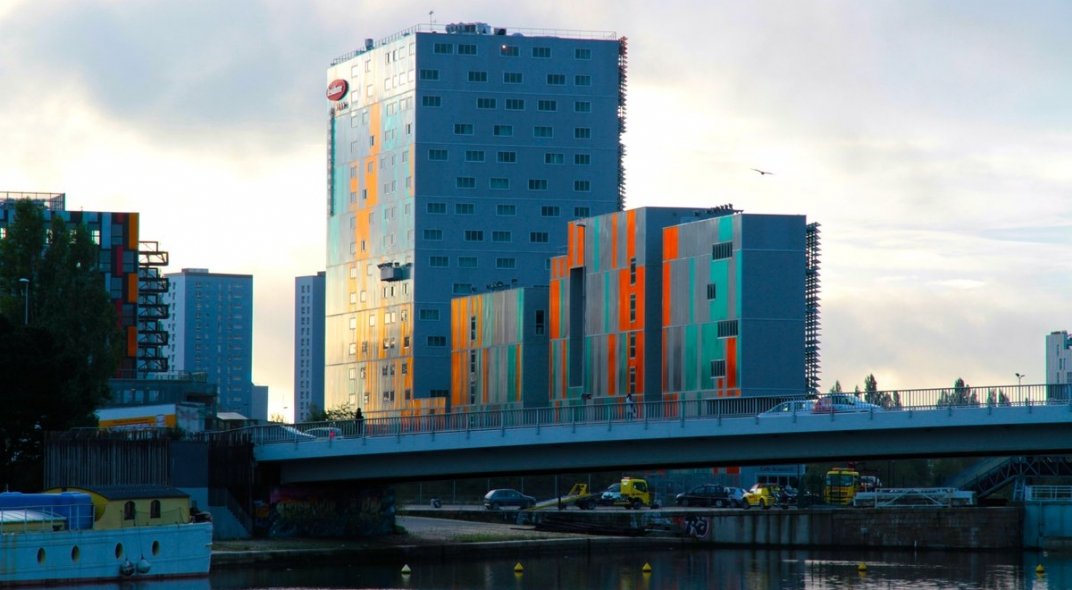
The New Structure
The new organizational structure will consist of four core team members and a broad portfolio of technical service providers.
Under the leadership of Sophie Halart, the new scientific and strategic project will be implemented by:
- Caroline Lanciaux as Head of Scientific Projects and Partnerships
- Mélanie Leclair as Scientific and Administrative Coordinator
- And a Head of Administration and Finance (to be appointed)
The legal status of the Institute is also expected to evolve. It will transition away from the model of a public-interest foundation—a form that is highly protective but also heavily restrictive—in order to refound the Institute. The governance bodies will be restructured accordingly to better align with the agility and adaptability required by the new mission.
In this context, a collaborative reflection process is currently underway with the large experimental public institution (EPE) of Nantes Université. For those envisioning the Institute's transformation, the future cannot be imagined without a stronger and essential connection to the regional higher education and research ecosystem—not only with the Ange-Guépin Social Sciences and Humanities Center, but also with the Nantes Université Foundation, the Humanities and Society departments, the School of Architecture, and the School of Fine Arts.
Naturally, the various multi-partner projects developed with institutions such as le lieu unique, the urban planning agency of the Nantes region, Keran, and many other key local actors remain central to the Institute’s new roadmap.
Finally, in the background, the connection to the RFIEA (French Network of Institutes for Advanced Study) is of paramount importance. The renewal of the major European project FIAS (for hosting international researchers) represents a particularly valuable opportunity, and cooperation among the French Institutes for Advanced Study has never been more meaningful.
